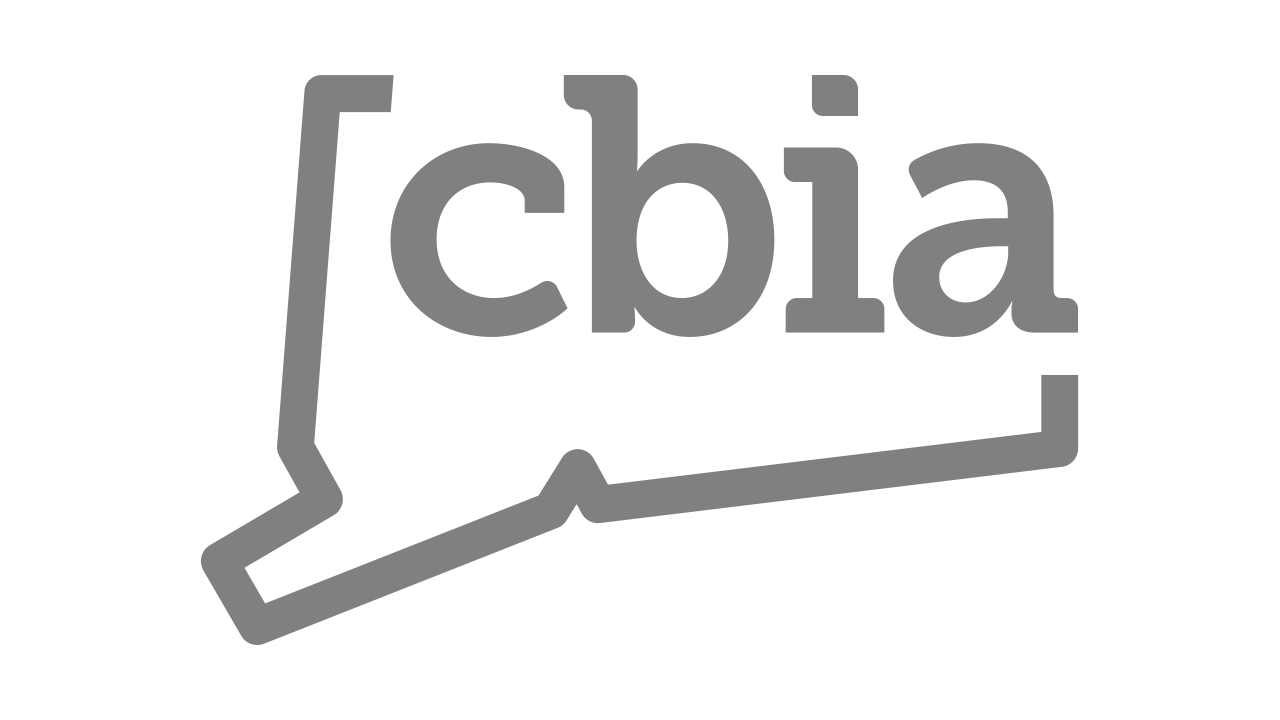Choosing the Right Material for Better Balls: A Guide to Types and Applications
When it comes to optimizing the performance of industrial screening equipment, Better Balls from Siftex are an essential tool. Designed to enhance screen cleaning, prevent clogging, and improve efficiency, these precision-engineered balls play a vital role in keeping your operations running smoothly.
However, not all Better Balls are created equal. The material you choose for your Better Balls directly impacts their durability, functionality, and overall performance in your specific application. With multiple materials available, understanding the differences and choosing the right one can make all the difference in your operation’s success.
The Importance of Material Selection for Better Balls
Better Balls are used to clean screens in industrial screening equipment, helping to dislodge material buildup and maintain an even flow of product. The environment they operate in can be demanding—high temperatures, abrasive materials, or chemical exposure are common challenges.
Selecting the right material ensures your Better Balls perform consistently and reliably, reducing downtime, minimizing screen damage, and extending the life of your equipment. At Siftex, we offer a wide range of materials tailored to different industries and operational needs.
Common Better Ball Materials and Their Applications
Choosing the right material for Better Balls is essential for efficient screen cleaning and optimal performance. Here’s a quick guide to material options and their best applications:
1. Natural Rubber
Advantages: Elastic, affordable, versatile.
Applications: Grain/seed processing, light-duty, minimal abrasion.
2. Polyurethane
Advantages: Highly durable, abrasion-resistant, flexible.
Applications: Mining, quarrying, abrasive materials (e.g., sand).
3. Silicone
Advantages: FDA-compliant, heat-resistant, non-stick.
Applications: Food/pharma, sticky or high-temp materials.
4. Neoprene
Advantages: Oil/chemical-resistant, heat-tolerant, long-lasting.
Applications: Petrochemical, oily/chemical materials.
5. EPDM
Advantages: UV/weather-resistant, heat/chemical-resistant.
Applications: Outdoor use, high-temp processing.
6. Specialty Compounds
Advantages: Custom-engineered for extreme conditions.
Applications: Static-sensitive, abrasive, or corrosive environments.
Key Factors to Consider When Choosing Better Ball Materials
When selecting the right material for Better Balls, consider the material being screened, the operating conditions, and compliance requirements. Abrasive or sticky materials may require durable options like polyurethane or non-stick silicone, while high temperatures or chemical exposure might call for heat-resistant materials such as silicone, neoprene, or EPDM. Industries with food safety or regulatory demands should prioritize FDA-compliant materials. Additionally, balance cost with durability to minimize replacement frequency, and consider custom solutions for unique operational challenges. The right material choice ensures better performance, reduced downtime, and longer equipment life.
Optimize Your Screening with the Right Better Balls
hoosing the right material for your Better Balls is a simple yet powerful way to enhance the performance of your industrial screening equipment. With the right combination of material properties and application-specific features, you can reduce downtime, improve efficiency, and extend the life of your equipment.
Ready to take your screening operations to the next level? Contact Siftex today or fill out our online form to connect with one of our experts. Let us help you find the perfect Better Balls for your application and keep your systems running at peak performance.



